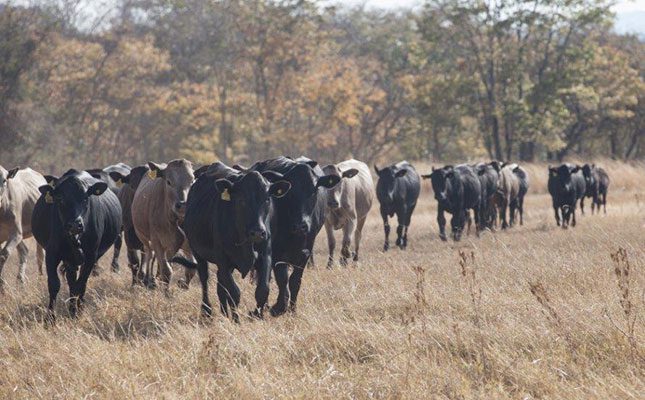
Photo: Maree Osborne
According to Bloomberg, the Zimbabwean government was offering to settle a US$3,5 billion (about R64 billion) land compensation deal over 10 years. This was the latest change to an agreement signed in 2020 with the farmers who had lost their land more than two decades ago.
Initially, the government had offered payment terms of 20 years, but had since decided to speed up the process, according to Zimbabwe’s Finance Minister Mthuli Ncube. Ncube said the compensation would be financed through treasury bonds with prescribed-asset status, and would not be liable to taxation.
De Jager explained that the government had repeatedly missed repayment deadlines from the original agreement. He said it was highly unlikely that the farmers would receive any compensation before the general election in Zimbabwe in October this year.
“The intended recipients are vehemently opposed to remuneration in treasury bonds. The affected farmers are unsure about whether the payments would be made in Zimbabwean dollars or US dollars. The original agreement provided for payments to be made in US dollars,” De Jager told Farmer’s Weekly. He added that SAAI was intimately involved in the compensation negotiations.
At the time of expropriation, there were 4 000 white farmers in that country farming on a commercial scale; there were currently 400 white farmers in Zimbabwe. According to De Jager, these farmers were farming on small parcels of leased land.
According to Zimbabwe’s Agriculture Minister Anxious Masuka, the government did not plan to use land as a way to settle with the farmers.
“The fact that the Zimbabwean government refused to compensate the affected farmers for the land they had lost remains a serious cause for concern. The farmers will only be compensated for the improvements they have made on the land,” said De Jager.
“The problem with this decision is that farmers in the more fertile eastern parts of the country are obviously bound to receive much more than the farmers who farmed on the more marginal lands in the west,” he added.













